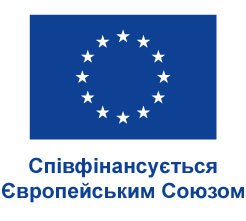The research process: characteristics and requirements

From these definitions, it is clear that research is a process for collecting, analyzing and interpreting information to answer questions. But to qualify as research, the process must have certain characteristics: it must, as far as possible, be controlled, rigorous, systematic, valid and verifiable, empirical and critical.
Let us briefly examine these characteristics to understand what they mean:
- Controlled – In real life there are many factors that affect an outcome. A particular event is seldom the result of a one-to-one relationship. Some relationships are more complex than others. Most outcomes are a sequel to the interplay of a multiplicity of relationships and interacting factors. In a study of cause-and-effect relationships it is important to be able to link the effect(s) with the cause(s) and vice versa. In the study of causation, the establishment of this linkage is essential; however, in practice, particularly in the social sciences, it is extremely difficult – and often impossible – to make the link.
The concept of control implies that, in exploring causality in relation to two variables, you set up your study in a way that minimises the effects of other factors affecting the relationship. This can be achieved to a large extent in the physical sciences, as most of the research is done in a laboratory. However, in the social sciences it is extremely difficult as research is carried out on issues relating to human beings living in society, where such controls are impossible. Therefore, in the social sciences, as you cannot control external factors, you attempt to quantify their impact.
- Rigorous – You must be scrupulous in ensuring that the procedures followed to find answers to questions are relevant, appropriate and justified. Again, the degree of rigour varies markedly between the physical and the social sciences and within the social sciences.
- Systematic – This implies that the procedures adopted to undertake an investigation follow a certain logical sequence. The different steps cannot be taken in a haphazard way. Some procedures must follow others.
- Valid and verifiable – This concept implies that whatever you conclude on the basis of your findings is correct and can be verified by you and others.
- Empirical – This means that any conclusions drawn are based upon hard evidence gathered from information collected from real-life experiences or observations.
- Critical – Critical scrutiny of the procedures used and the methods employed is crucial to a research enquiry. The process of investigation must be foolproof and free from any drawbacks. The process adopted and the procedures used must be able to withstand critical scrutiny
Ranjit Kumar "Research methodology. Step-by-step guide for beginners".

